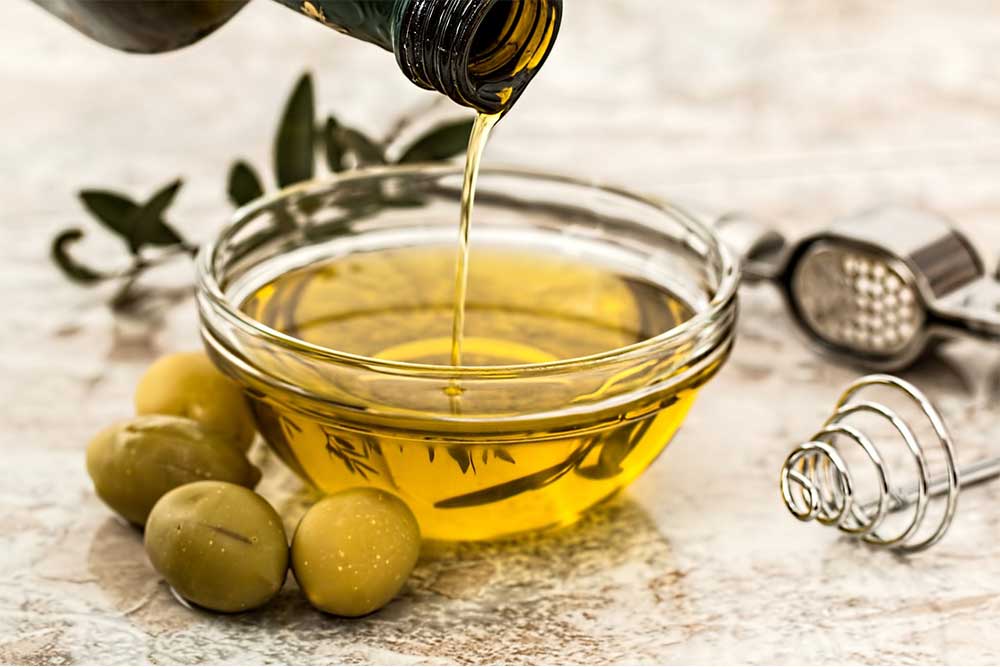Historical
Guide to Fats: Omega-9
Omega-9 fatty acids are monounsaturated. Oleic acid is the main monounsaturated fatty acid in our diet. It is found in olives, avocados, nuts, seeds, and the bone marrow of grass-fed ruminants. Oleic acid is not considered an essential fatty acid because we can synthesise it internally if adequate omega-3, omega-6 and saturated fatty acids are present. However, it can turn 'essential' if these building blocks are absent.
Benefits
According to paleo-diet researchers Robb Wolf and Loren Cordain, monounsaturated fat dominated our ancestral diet, accompanied by smaller amounts of saturated and polyunsaturated fatty acids.
Oleic acid helps reduce the risk of heart disease. It improves insulin sensitivity and glucagon response and lowers total blood cholesterol without lowering 'good' HDL cholesterol. It also prevents 'bad' LDL cholesterol from oxidising, breaking apart and contributing to artery clogging. Oleic acid promotes healthy inflammatory responses within the body and may reduce the risk of breast cancer. Some sources contain antioxidants, e.g. squalene in olive oil. As with most good fats, oleic acid encourages velvety skin and glossy hair.
Food sources
Oleic acid: olives and olive oil; avocados and avocado oil; macadamia nuts, hazelnuts, almonds, cashews, pecans and their oils; sesame seeds and sesame oil; high-oleic sunflower oil (aka sunflower frying oil); the bone marrow of healthy, grass-fed ruminants (e.g. cows, deer).
Udo's oil contains a good balance of vegetarian omega 3-6-9. Argan oil, renowned for promoting healthy skin, contains roughly 43% oleic acid, 36% omega-6 LA, squalene, sterols and gamma tocopherols (vitamin E).
Food sources should be ultra-fresh and oils should be unrefined and cold-processed (e.g. cold-pressed extra virgin olive oil).
Stability and cooking
Monounsaturated fats are less prone to rancidity than polyunsaturated fats. Oleic acid is liquid at room temperature but solidifies in cold conditions. Store omega-9-rich oils (e.g. olive oil) in a cool, dry, dark place. Do not refrigerate. Store Udo's Oil and argan oil in the fridge due to their high polyunsaturated fat content. Obey 'use-by' dates. Don't eat fats that look or taste rancid, e.g. stinging olive oil, bitter nuts, black avocados, etc. Omega-9-rich oils (e.g. olive oil, avocado oil, macadamia oil) are suitable for low temperature cooking but are better raw (e.g. olive oil dip, avocado salad, etc.).




